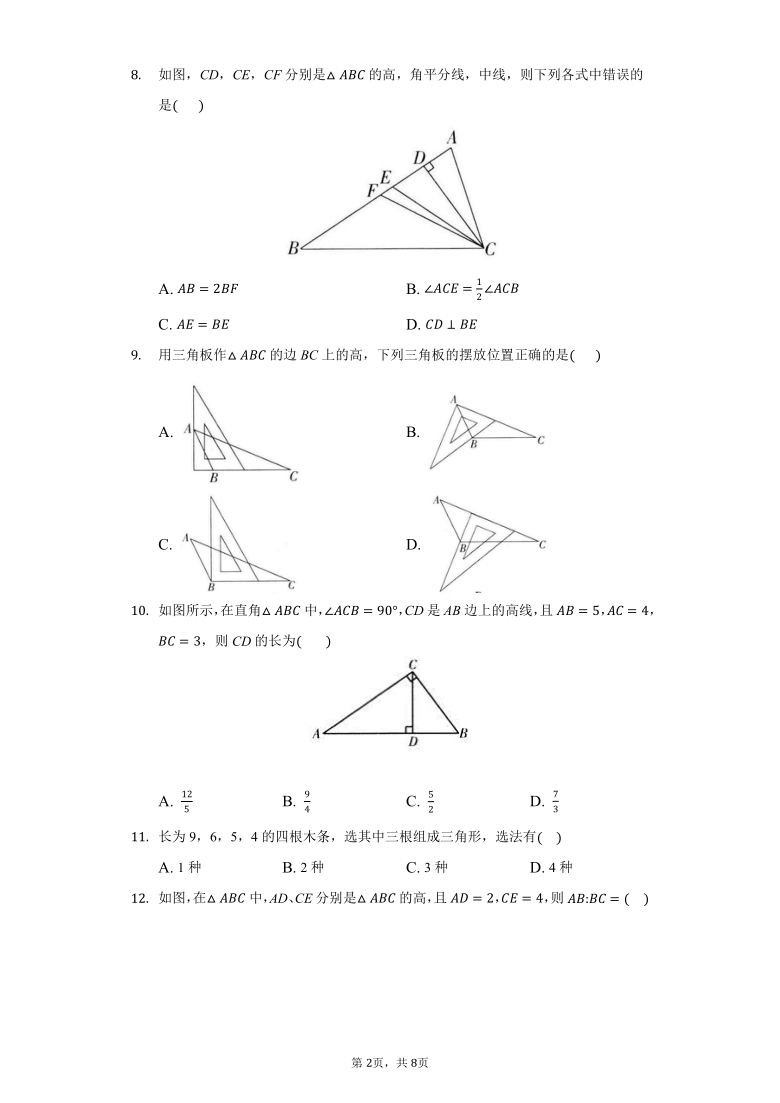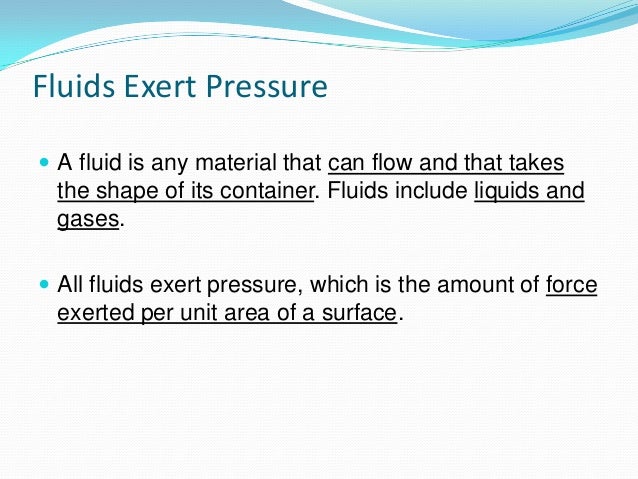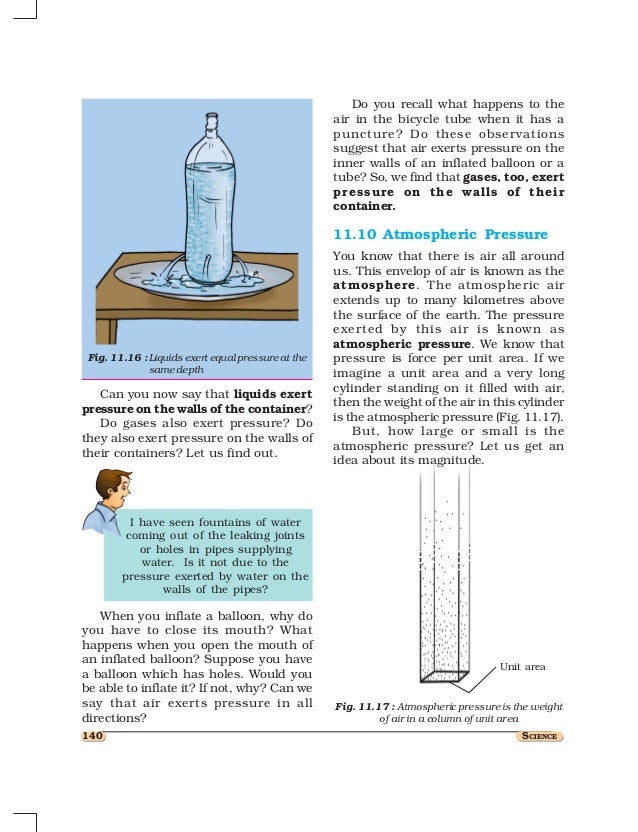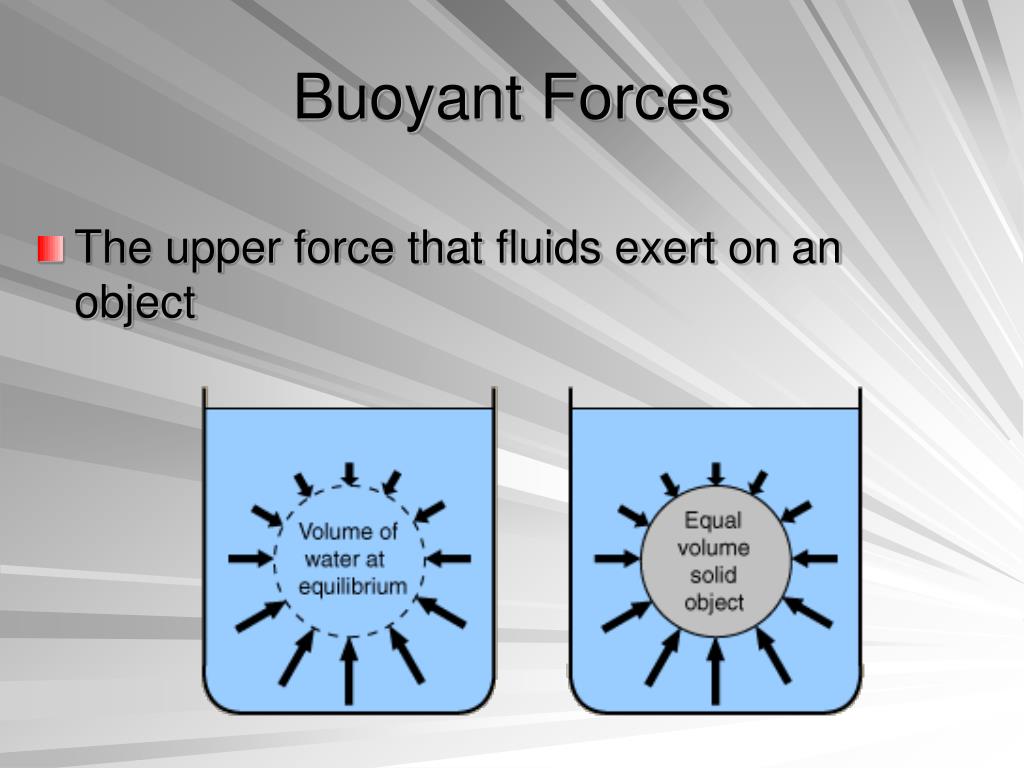Relative Deprivation Refers To The Tendency For Our Personal Happiness To Be Heavily Influenced By

Axolotl My Time Has Come To Burn I Invoke The Ancient Power That I May Return, A-X-O-L-O-T-L my time has come to burn i invoke the ancient power that i may return, 1.08 MB, 00:47, 441,539, Jesus the Gamer1000, 2021-04-10T00:01:36.000000Z, 19, MY TIME HAS COME TO BURN by 20percentcooldash on DeviantArt, 20percentcooldash.deviantart.com, 862 x 927, png, burn come deviantart, 20, axolotl-my-time-has-come-to-burn-i-invoke-the-ancient-power-that-i-may-return, KAMPION
Tendency for standards of judgment to be heavily influenced by previous experiences. C) tendency for emotional release to reduce levels of physiological arousal. Relative deprivation refers to the tendency for. Relative deprivation refers to the tendency for our personal happiness to be heavily influenced by others' success which of the following explains why, for those who are not poor, money buys little more than a temporary surge of happiness?
Relative deprivation refers to the tendency for our personal happiness to be heavily influenced by _____. After receiving very bad news, people _____ the duration of their negative emotions. Relative deprivation refers to the tendency for our personal happiness to be heavily influenced by a) genetics. Relative deprivation is an individual's feeling or belief of being deprived is based on how they unfairly compared themselves to others in their. A physiological state that usually triggers motivational arousal. The relative deprivation principle refers to the tendency for our personal happiness to be heavily influenced by: The concept of relative deprivation refers to the perception that: One is worse off than those with whom one compares oneself. Welcome to bela public school.
the facial feedback effect Incorrect the relative deprivation principle















































